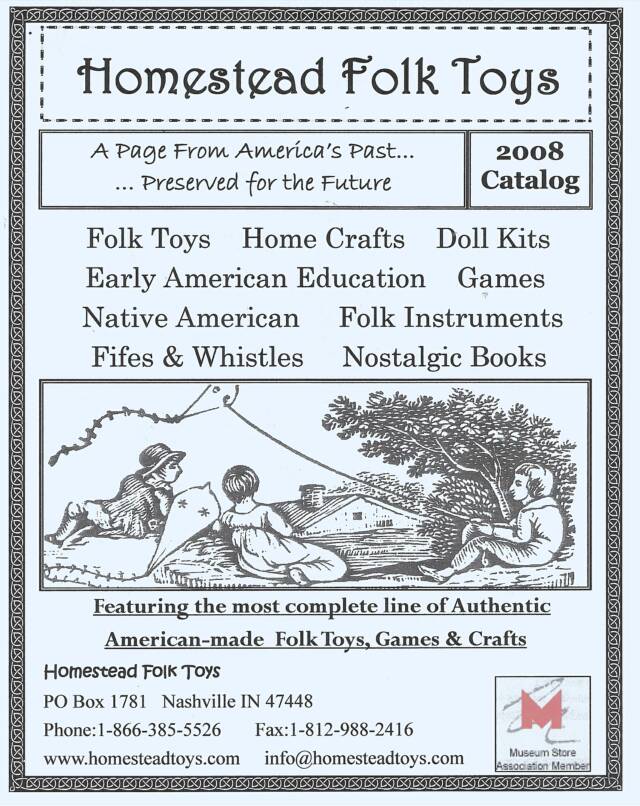 |
 |

Featured Products

 | ||||||
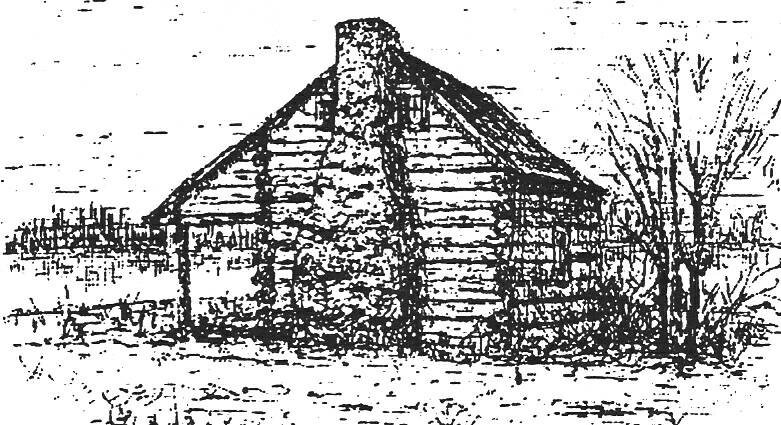
 | ||||
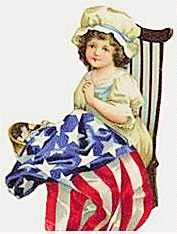
Made in USA
American History Pioneer Folk Toys, Games, Crafts, and Music from Homestead Folk Toys in the Historical Village of Nashville, Indiana
A Homestead site. Site designed and hosted by Homestead Folk Toys.
Product images and designs Homestead Folk Toys and their respective owners. All rights reserved.
From time to time, we will be featuring one of our high-quality product offerings on this page. This gives us an opportunity to provide an in-depth focus , when space otherwise does not permit. Each product chosen is a result of you, the buyer, requesting more information or wanting further product details.
This season, we are featuring our exclusive Traditional Hand Fan. Our Traditional Hand Fan (#908) is delicately crafted from light-weight sandlewood, is natural in coloration , features an intricate fan pattern and includes a colorful tassel for that 'extra touch.'
Our Hand Fan is great for people of all ages, from children who wish to 'play-pretend' with it to adults who wish to cool down on a hot fummer day. Our Traditional Hand Fan packaging includes the 'secret language of fans' or 'FANOLOGY' that was prominently used during the Victorian Period.
Other companies have attempted to copy our product, but rest assured our Traditional Hand Fan is THE original that we alone have carried for years. The size of our hand fan ranges from approximately 8" when closed to 14" when opened.
HISTORY
Hand fans have served both as a fashion accessory and as a means to counter warm weather for centuries. In the Far East, centuries ago, hand fans were associated with strict court etiquette and ceremonial customs.
It was during the 17th and 18th centuries that hand fans gained their greatest populalrity, both among men and women. Queen Victoria was to later discourage the use of fans among men during the 19th century. During the latter half of the 18th century, ladies' printed fans served as memory aids, including such information as dance steps, song lyrics and card game rules.
Through the centuries, cultures in all corners of the world have used fans for social functions and ceremonies. However, it was in Victorian England that fans became all the rage. From the there, the fan's popularity spread all over Europe and ultimately to the New World.
Of all the fans, the sandalwood fan is deemed the most popular of all, due to the pleasing fragrance of the wood. Sandalwood is detected as a very subtle and delightfully fragrant odor that is as pleasing as a fine cologne or perfume.
THE LANGUAGE OF FANS
'Fanology; refers to the secreat language of fans, or secret messages. Numerous historical journals record that fans were employed in English and Spanish courts and helped define social etiquette.
In 1797, William Cock published a book by Francis Badini entitled "Fanology or Ladies' Conversation ..." . This assemblage of fan signals was an ongoing development of ladies signaling their gentlemen in situations when silence was called for. In the great courting days of America, hand fans were used to communicate secret messages or codes. Here are a few examples of 'fan signals':
A closed fan dangling from the left hand means "I'm engaged"
A closed fan dangling from the right hand means "I want to be engaged"
Fanning very slowly means "I am married"
Dropping the fan to the floor means "I belong to you alone"
 | ||||||
 | ||||||
 | ||||||
©
Site Map
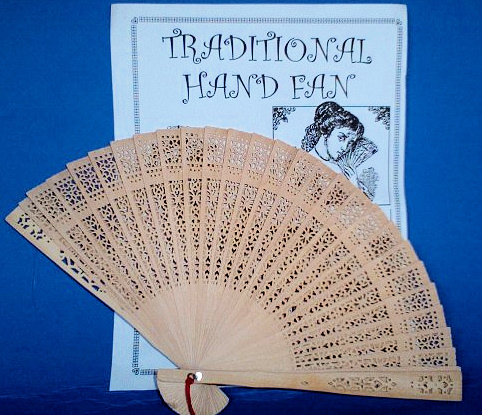
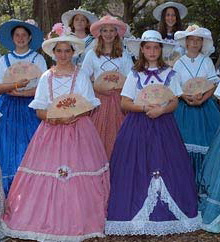

Return Home
Return to Top



